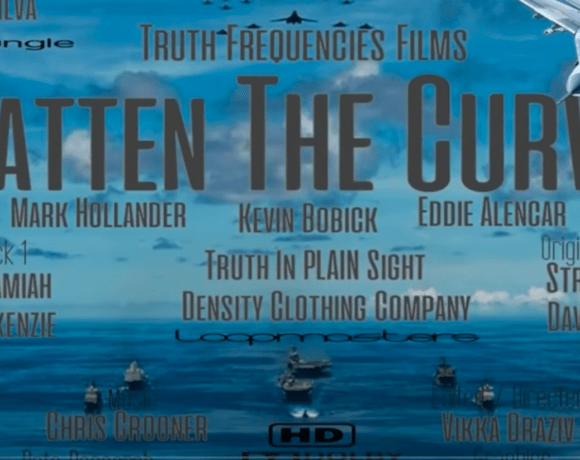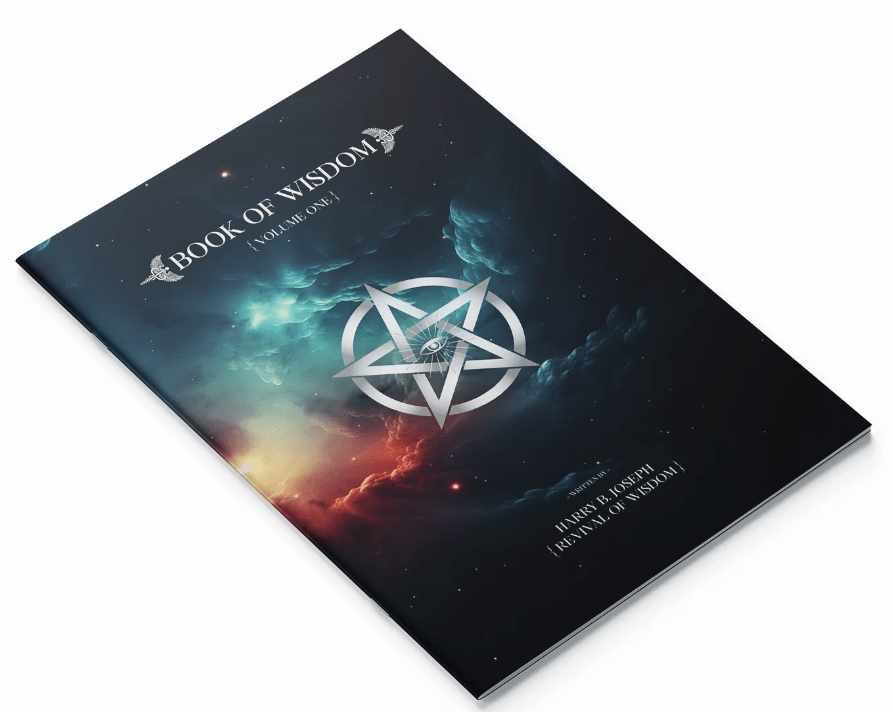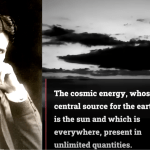Unpacking the Zeitgeist Philosophy and its Connection to Contemporary Society
The documentary film, “Zeitgeist: Moving Forward,” is the third installment in the Zeitgeist film series directed by Peter Joseph. Released in 2011, it explores the need for a paradigm shift in how society functions, focusing on the underlying problems of our current socioeconomic system. Over a decade has passed since its release, yet the issues it addresses remain prevalent and, in many cases, have intensified. This blog post will analyze the key themes in the movie and discuss how they relate to today’s society.
The Resource-Based Economy: A Model for Sustainable Living
One of the central themes in “Zeitgeist: Moving Forward” is the need for a new economic model. The film advocates for a Resource-Based Economy (RBE), which prioritizes the sustainable and equitable distribution of resources to meet the needs of all people. The concept was initially proposed by Jacque Fresco, the founder of The Venus Project, and has gained momentum in recent years.
Today, we continue to face significant challenges, including climate change, income inequality, and resource depletion. The RBE presents a viable alternative to our current system by emphasizing cooperation, sustainability, and technological innovation. By adopting an RBE, we could address these challenges more effectively and ensure a better future for all.
The Effects of Automation on Employment
“Zeitgeist: Moving Forward” discusses the potential consequences of technological advancement on employment. As automation becomes more prevalent, the job market is shifting, with many traditional jobs becoming obsolete. The film suggests that our current economic system is ill-equipped to handle this change, leading to growing income inequality and social unrest.
In today’s society, we are witnessing the rapid rise of automation and artificial intelligence (AI), which is transforming various industries, from manufacturing to customer service. While these advancements undoubtedly bring about numerous benefits, they also present challenges. Governments, businesses, and individuals must adapt to this new landscape by investing in education, retraining programs, and innovative solutions that ensure a just transition for all workers.
Consumerism and the Pursuit of Happiness
Another key theme explored in “Zeitgeist: Moving Forward” is the impact of consumerism on our collective well-being. The film argues that our current socioeconomic system promotes the idea that acquiring material possessions will lead to happiness. However, this relentless pursuit of material wealth often leads to stress, dissatisfaction, and environmental degradation.
In today’s society, we continue to see the detrimental effects of consumerism, as our planet grapples with pollution, deforestation, and biodiversity loss. Simultaneously, mental health issues and social isolation are on the rise. Individuals, communities, and governments must recognize the limitations of consumerism and prioritize mental health, social connections, and environmental sustainability.
Monetary System and Debt: The Perpetuation of Inequality
“Zeitgeist: Moving Forward” delves into the intricacies of our monetary system and the role of debt in perpetuating social and economic inequality. The film argues that the current system relies on the creation of debt, which forces individuals and countries into cycles of poverty and dependence.
Today, we are witnessing the consequences of this system, as national debt continues to rise, and income inequality widens. The global pandemic has further exposed the fragility of our monetary system and the precarious financial situation of millions of people. Addressing these issues requires a reevaluation of our current economic system and the pursuit of alternatives that promote fairness, sustainability, and financial stability.
The Importance of Education in Shaping Society
The film underscores the importance of education in shaping a more equitable, sustainable, and collaborative society. “Zeitgeist: Moving Forward” suggests that our current education system often perpetuates the values of consumerism and
competition, rather than fostering critical thinking, empathy, and a sense of global citizenship.
In today’s society, the need for a transformative approach to education is more pressing than ever. As we grapple with complex challenges like climate change, social inequality, and technological disruption, the next generation must be equipped with the knowledge, skills, and values to navigate these issues effectively. This necessitates a shift towards more holistic, experiential, and student-centered learning that prioritizes the development of problem-solving abilities, creativity, collaboration, and emotional intelligence.
Educators, policymakers, and communities must work together to reimagine our education system. By incorporating sustainability, social justice, and global citizenship into the curriculum, we can empower students to become agents of change, capable of creating a more just and sustainable future.
Media Influence and the Shaping of Public Opinion
“Zeitgeist: Moving Forward” also highlights the role of media in shaping public opinion and perpetuating the values of our current socioeconomic system. The film suggests that mainstream media often serves the interests of the elite, reinforcing consumerism, political apathy, and the status quo.
In today’s society, the media landscape has become increasingly fragmented, with the rise of social media platforms, alternative news sources, and the proliferation of misinformation. This has led to a growing polarization of public opinion and a decline in trust in traditional media outlets. Individuals need to develop critical thinking skills, engage in media literacy education, and actively seek out diverse perspectives to understand better the complexities of our world and the challenges we face.
The Role of Activism and Grassroots Movements
The film “Zeitgeist: Moving Forward” ultimately advocates for a collective awakening and the need for grassroots activism to challenge the status quo and drive systemic change. The movie emphasizes that it is up to each individual to take responsibility for their role in society and work towards a more equitable, sustainable, and just future.
Today, we witness the power of grassroots movements and activism across various social and environmental issues. From the global climate strikes led by young people to movements advocating for racial justice and gender equality, individuals are increasingly recognizing their ability to influence change. As the challenges we face continue to grow in complexity and scale, the role of activism and community engagement will be more critical than ever.
In Conclusion
“Zeitgeist: Moving Forward” was released over a decade ago, yet its themes and messages remain strikingly relevant to the challenges we face in today’s society. From the need for a paradigm shift in our economic system to the importance of education and the role of media, the film serves as a call to action for individuals, communities, and governments to work collectively toward a more sustainable, just, and equitable future.
As we continue to grapple with these issues, it is crucial to recognize the power of grassroots activism, critical thinking, and collaboration in driving systemic change. By embracing these values and working together, we can move forward toward a better future for all.




















